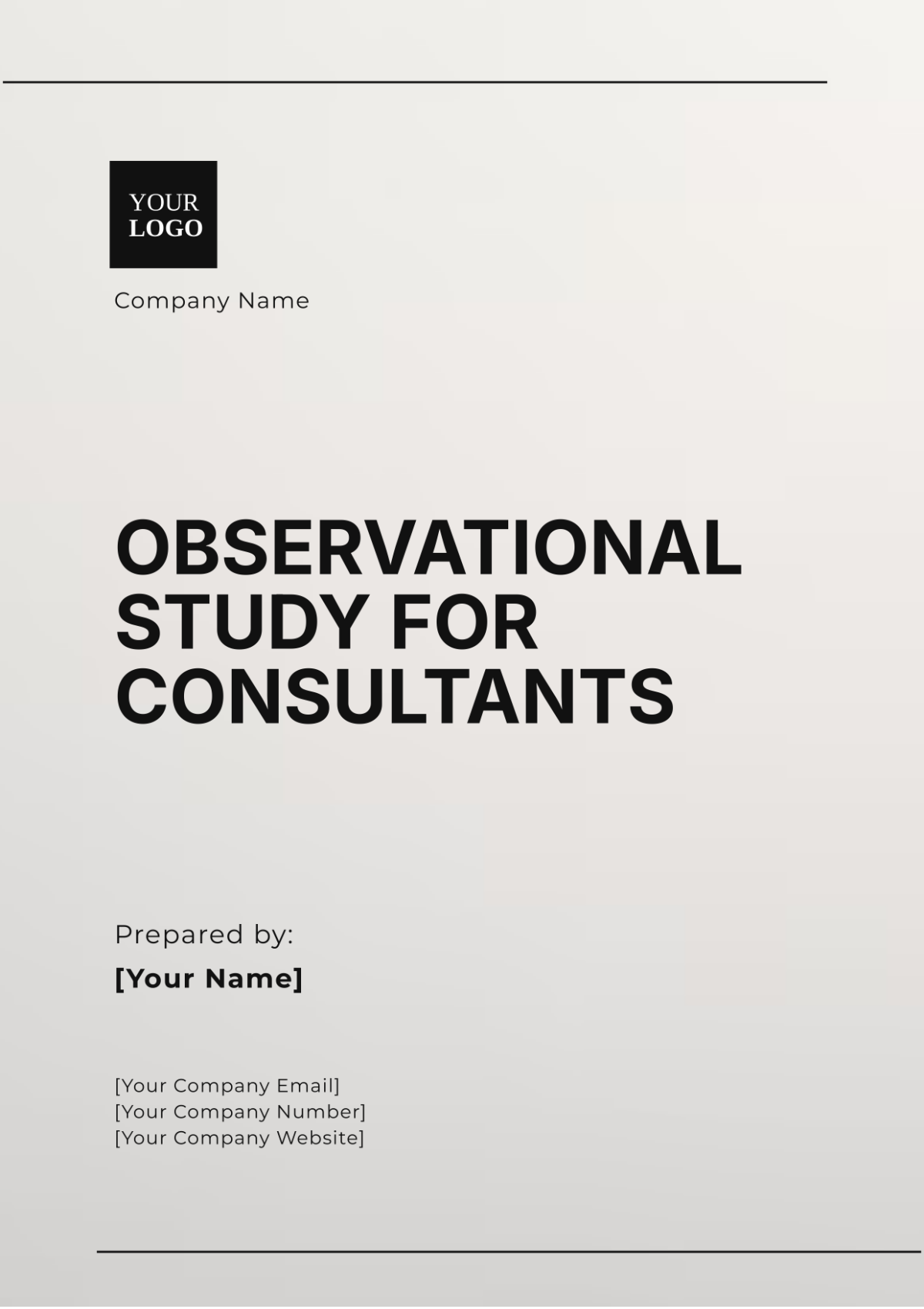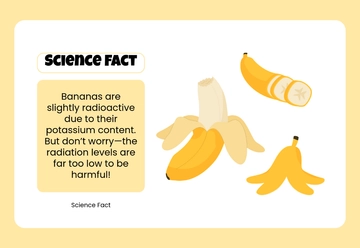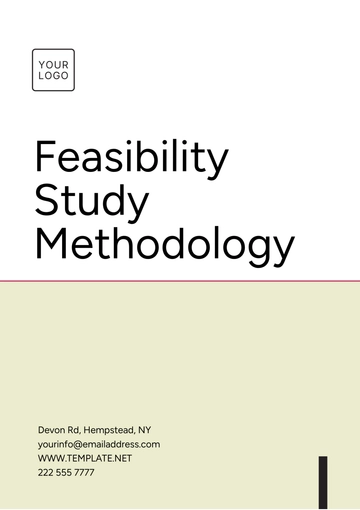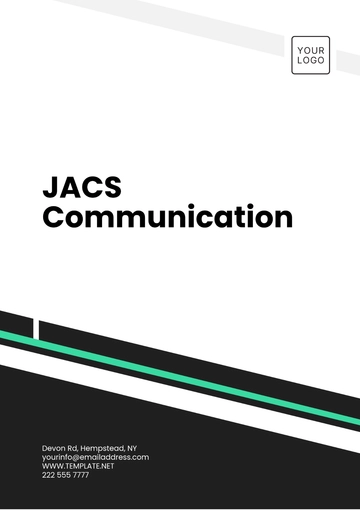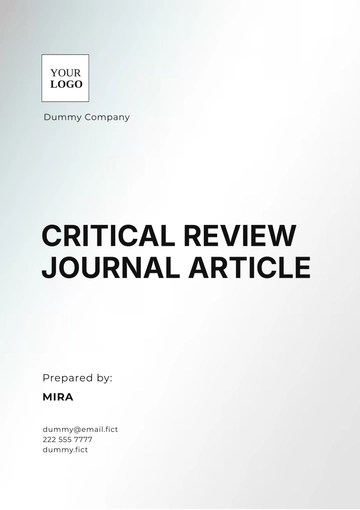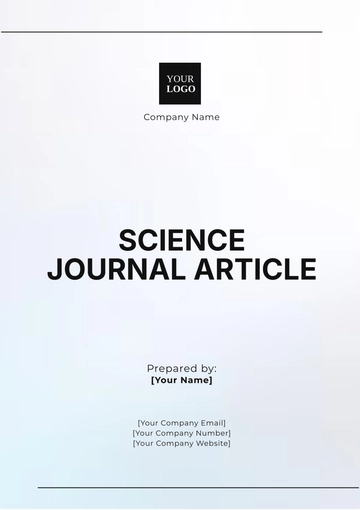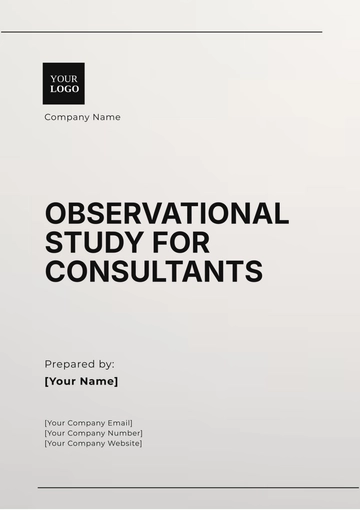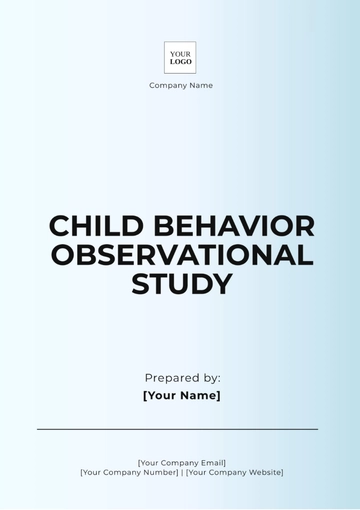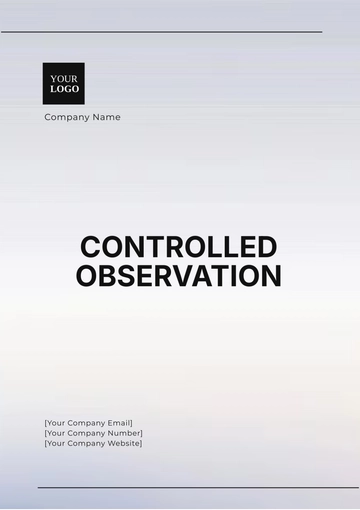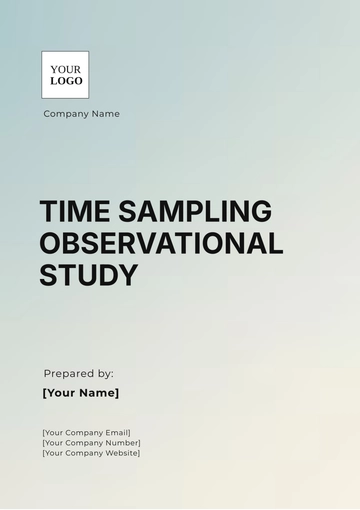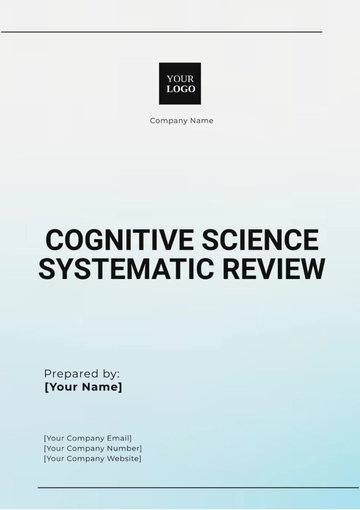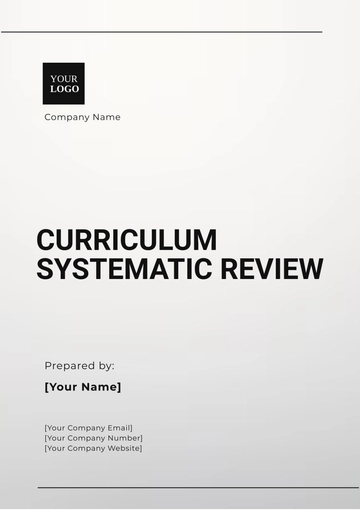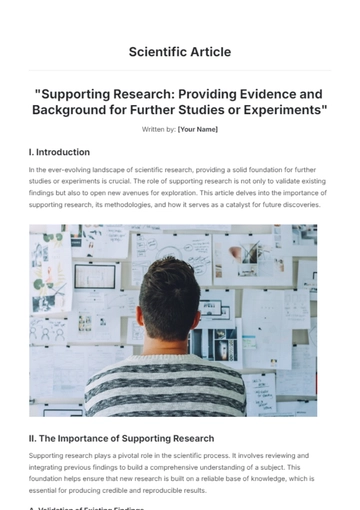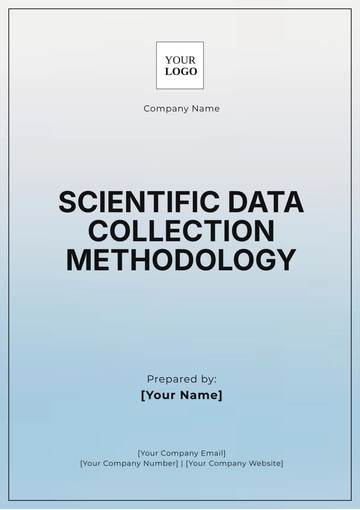Observational Study for Consultants
Prepared By: [Your Name]
Introduction
Consultants play a critical role in advising businesses, governments, and other organizations on a multitude of operational, strategic, and performance issues. Understanding the dynamics of their work environments, the nature of their interactions, and the outcomes of their recommendations is essential for improving consultancy practices and client satisfaction. This observational study aims to gather insights into these aspects through systematic observation and data collection.
Objectives
To examine the work processes and interaction patterns of consultants.
To identify key challenges faced by consultants during client engagements.
To evaluate the effectiveness of different consulting approaches.
Methodology
The study will employ a mixed-methods approach, combining direct observations, in-depth interviews, and survey questionnaires. Data will be collected from a diverse sample of consulting firms specializing in various industries.
Method | Description | Purpose |
|---|
Direct Observations | Observing consultants during client meetings and internal discussions. | To capture real-time interactions and decision-making processes. |
In-depth Interviews | Conducting semi-structured interviews with consultants and clients. | To gather detailed insights into experiences and perceptions. |
Survey Questionnaires | Distributing structured questionnaires to a larger sample of consultants. | To collect quantitative data on common practices and challenges. |
Findings
The findings of the study will be categorized into several key themes such as client-consultant relationship dynamics, problem-solving techniques, and the impact of consultancy on client performance. Preliminary observations suggest a diverse range of approaches and client interaction styles among consultants.
Client-Consultant Dynamics: Trust, communication, and collaboration emerged as critical components of successful engagements.
Problem-Solving Techniques: The use of data analytics, stakeholder analysis, and scenario planning was common.
Impact on Performance: Consultants generally helped clients achieve significant improvements in efficiency and strategic direction.
Discussion
The study highlights the importance of adaptive strategies tailored to specific client needs and contexts. Successful consultants often exhibit strong interpersonal skills and the ability to integrate technical knowledge with practical solutions. However, challenges such as resistance to change, communication barriers, and alignment of expectations were also identified.
Conclusion
This observational study provides valuable insights that can help improve consulting practices and client outcomes. Future research should focus on longitudinal studies to understand the long-term impact of consultancy and explore the evolving role of technology in the consulting industry.
References
Smith, J. A., & Brown, L. K. (2020). Effective Consulting Practices. New York, NY: Business Insights Publishing.
Jones, M. T. (2018). Client-Consultant Dynamics. London, UK: Consultancy Press.
Williams, R., & Thomas, D. (2019). The Role of Data Analytics in Consulting. Chicago, IL: Data Science Institute.
Observational Study Templates @ Template.net
